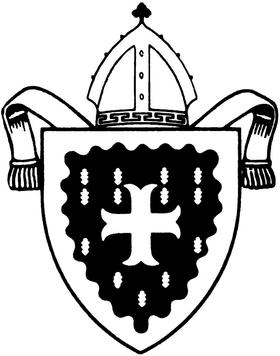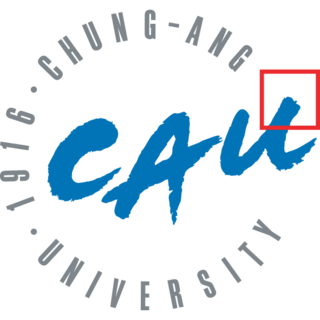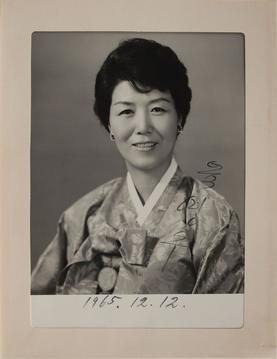This article needs additional citations for verification .(January 2021) |
| |||||
| Centuries: | |||||
|---|---|---|---|---|---|
| Decades: | |||||
| See also: | Other events in 1974 Years in South Korea Timeline of Korean history 1974 in North Korea | ||||
Events from the year 1974 in South Korea .
This article needs additional citations for verification .(January 2021) |
| |||||
| Centuries: | |||||
|---|---|---|---|---|---|
| Decades: | |||||
| See also: | Other events in 1974 Years in South Korea Timeline of Korean history 1974 in North Korea | ||||
Events from the year 1974 in South Korea .

The Gyeongbu Expressway is the second oldest and most heavily travelled expressway in South Korea, connecting Seoul to Suwon, Daejeon, Gumi, Daegu, Gyeongju, Ulsan and Busan. It has the route number 1, signifying its role as South Korea's most important expressway. The entire length from Seoul to Busan is 416 kilometers (258 mi) and the posted speed limit is 100 kilometers per hour (62 mph), enforced primarily by speed cameras.

The Anglican Church of Korea is the province of the Anglican Communion in North and South Korea. Founded in 1889, it has over 120 parish and mission churches with a total membership of roughly 65,000 people.

Chung-Ang University is one of the top leading private research universities in Seoul, South Korea. The university operates two campuses: main campus located in Dongjak District, Seoul, and an additional campus in Anseong, Gyeonggi Province. CAU consists of 16 undergraduate colleges and 16 graduate schools.

Mun Se-gwang was a Korean Japanese assassin who attempted to assassinate South Korean president Park Chung Hee on 15 August 1974. The assassination attempt resulted in the deaths of Park's wife, Yuk Young-soo, and a high school student, Jang Bong-hwa.
The People's Revolutionary Party Incidents were legal cases in which the South Korean government accused individuals of socialist or left inclinations according to the Anti-communism Law in 1965 and National Security Law in 1975.
209th Detachment, 2325th Group, commonly known as Unit 684 (684부대), was the only tier one special forces unit of the Republic of Korea Air Force (ROKAF) that specialized in black operation, direct action, irregular warfare, long-range penetration, and special operations that are extremely high-risk and dangerous. It was formed to assassinate North Korean leader Kim Il Sung in 1968, in retaliation for the North's botched Blue House raid.

Yuk Young-soo was the wife of the 3rd South Korean president Park Chung Hee and the mother of the 11th South Korean president Park Geun-hye. She was the first lady when Park was in office, from 1962 until she was killed in 1974 during an attempted assassination of her husband.

Park Chung Hee, the third President of South Korea, was assassinated on October 26, 1979 during a dinner at the Korean Central Intelligence Agency (KCIA) safe house near the Blue House presidential compound in Jongno District, Seoul, South Korea. It was the first assassination of a head of state in the Korean peninsula in 605 years since the assassination of Gongmin of Goryeo. Kim Jae-gyu, the director of the KCIA and the president's security chief, was responsible for the assassination. Park was shot in the chest and the head, after which he died almost immediately. Four bodyguards and a presidential chauffeur were also killed. The incident is often referred to as "10.26" or the "10.26 incident" in South Korea.

Sindang-dong (Korean: 신당동) is a dong (neighbourhood) of Jung District, Seoul, South Korea.

The first lady of the Republic of Korea, commonly known as the first lady of South Korea, is the title held by the hostess of the presidential residence, usually the wife of the president of South Korea.

Park Won-soon was a South Korean politician, activist, and lawyer. He was the longest-serving mayor of Seoul, from 2011 until his death in July 2020. Being a member of the Democratic Party of Korea, he was first elected in 2011 and won re-election in 2014 and 2018.
KT is a 2002 Japanese-South Korean film directed by Junji Sakamoto with a screenplay by Haruhiko Arai. It is based on the kidnapping of Kim Dae-jung by agents of Park Chung Hee in August 1973 while on a trip to Tokyo. He was released in Seoul after five days.

Nam Duck-woo was the prime minister of South Korea from 1980 to 1982.

Park Chung Hee was a South Korean politician and army officer who served as the third president of South Korea from 1962 until his assassination in 1979, after he seized power in the May 16 coup of 1961. He is regarded as one of the most consequential leaders in Korean history, although his legacy as a military dictator continues to cause controversy.
Events from the year 1978 in South Korea.
Events from the year 1972 in South Korea.
Events from the year 1971 in South Korea.

The Busan–Masan Uprising or abbreviated, the Bu-Ma Uprising, was a series of demonstrations and popular uprising against President Park Chung Hee's dictatorial Yushin regime in South Korea. It took place between 16 and 20 October 1979 in Busan and Masan. Students from Pusan National University began demonstrations calling for an end to Park's dictatorship. On 17 October the protests grew to include citizens and spread to Masan on 18 and 19 October. It is also called the Busan–Masan Democratic Uprising or Busan–Masan Democratization Movement.

The Taegeukgi rallies, also known as the Pro-Park rallies (Korean: 친박집회), are ongoing rallies that initially started as a series of counter-candlelight rallies supporting the former president of South Korea Park Geun-hye in 2016 but now continuing with the aim of releasing Park. The Taegeukgi protestors or the Taegeukgi crowds got their names because they vehemently swung or wore South Korean flags during rallies.
The June 3 resistance movement, also known as 6.3 resistance or the movement against the Korea-Japan negotiations was initiated in June 1964 by students and citizens against the Park Chung Hee administration effort to negotiate the normalization of South Korea and Japan diplomatic relations.